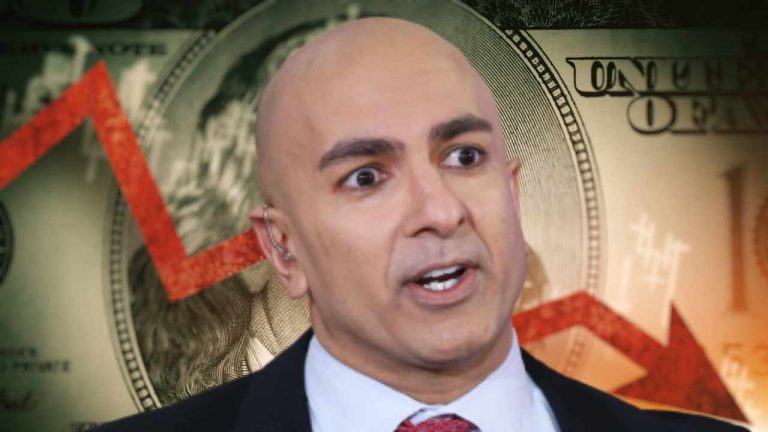Cryptos pose huge risks to financial stability. However, central bank digital currencies (CBDCs) can help resolve issues such as bringing the poor into the financial system and cutting transaction costs, according to Nigerian and Kenyan central bankers.
Nigeria’s eNaira digital currency was introduced in October 2021 and has become a boon for inclusion as stated on June 10 by the deputy governor of the country’s central bank, Kingsley Obiora. He was speaking at a virtual event that was moderated by Abebe Aemro Selassie, the International Monetary Fund’s Africa director.
Its launch, which is the first by an African central bank, was met with huge skepticism from the industry experts and crypto users, and Obiora never disclosed how widely it is used.
Kenya seems to be preparing to follow suit with its digital currency to bring down payment and cross-border transaction costs, as highlighted by central bank governor Patrick Njoroge. Both of the central bankers were critical of cryptos, with Obiora stating that they were not stable enough to become a viable or acceptable method of payment. He added:
“The volatility it creates can become a source of instability in the system.”
Crypto assets have thrived in Nigeria, despite a ban on banks handling them since February last year. They have also proved to be quite popular in Kenya, despite central bank warnings about the risks associated with them.
Njoroge said of cryptocurrencies:
“There was a lot of hype.”
He added that there is a relatively low number of transactions per second possible with bitcoin. Njoroge suggests that crypto assets could be regulated as a ‘wealth product’ in the future. The central bank of Kenya is assessing responses to a public consultation on a central bank digital currency.
Njoroge believes that financial inclusion is a less pressing need than in Nigeria, given the high usage of mobile money in Kenya through M-Pesa and other service providers. South Africa is involved in a digital currency pilot with Singapore, Malaysia, and Australia, and has also cited cross-border payments as possible use.
Obiora and Njoroge said that fuel price inflation sparked by Russia’s war in Ukraine was causing lots of problems, with the Nigerian banker confirming that the ordinary people were suffering the most. Njoroge commented:
“We are having a lot of pressure from this, let’s say as collateral damage, particularly the price of fuel. We hope that the G7 will sort out the matter with the Russians and whoever else is exporting the oil and then bring down the price of that.”
Kenya’s central bank raised the interest rate 50 basis points in May, the first increase in almost seven years, to try taming the inflation menace.
Nigeria also raised its benchmark rate in May, with the 150 basis point increase being the first in more than two years.

 1 year ago
74
1 year ago
74 

